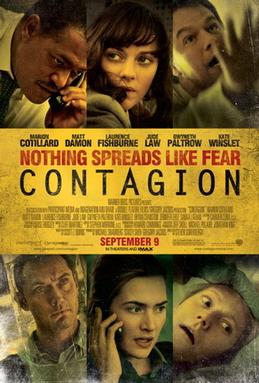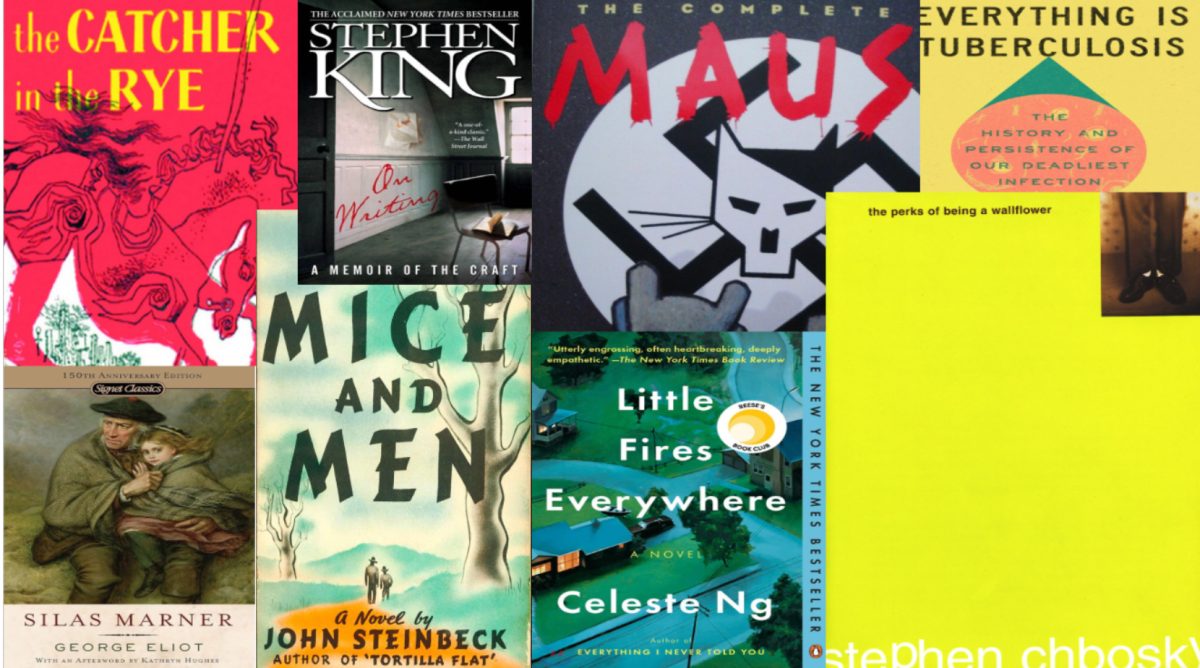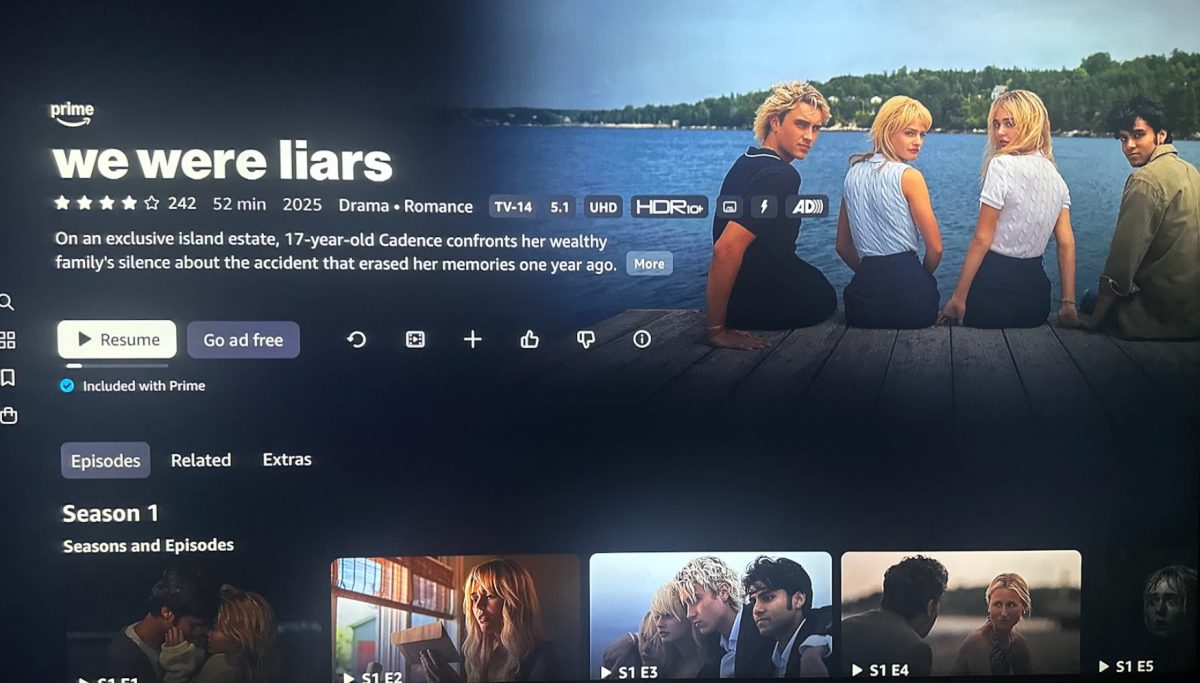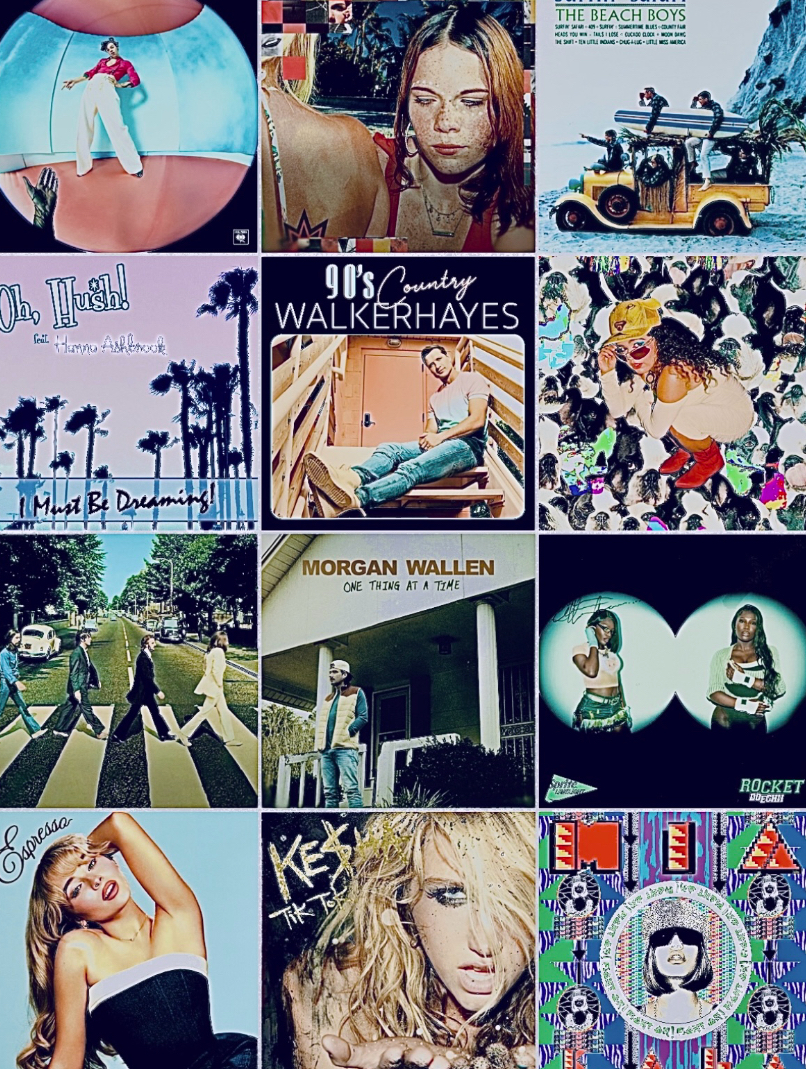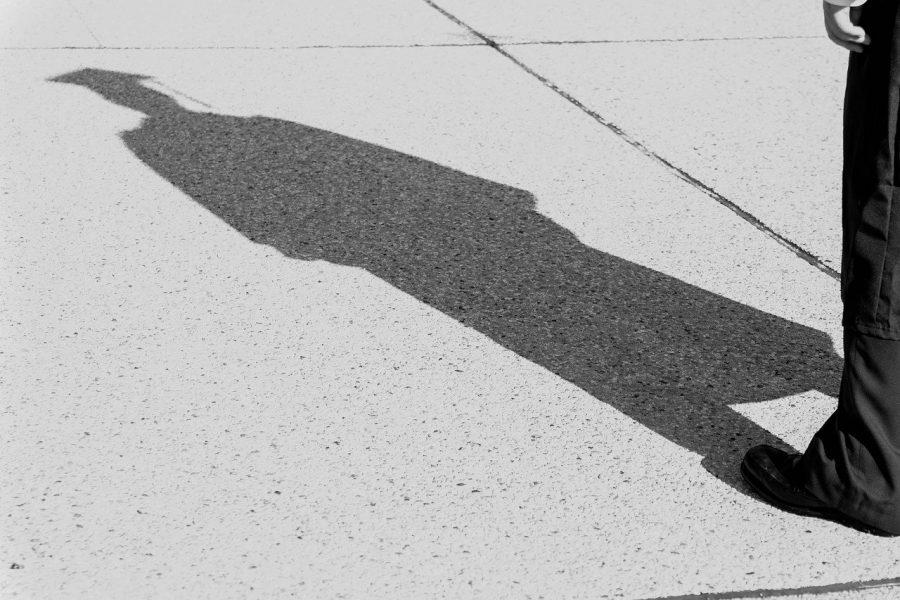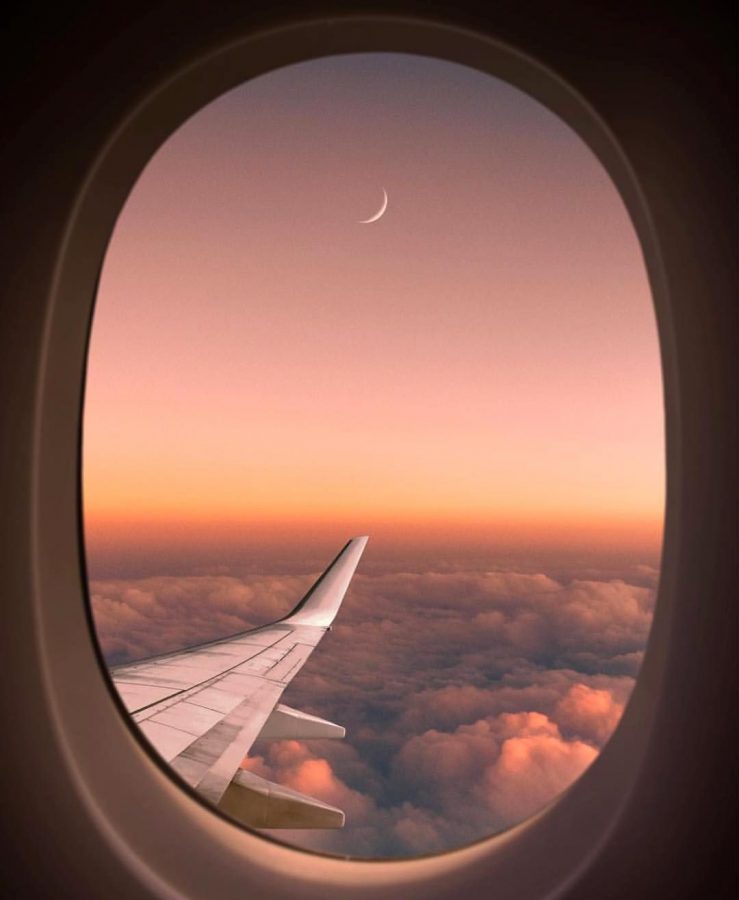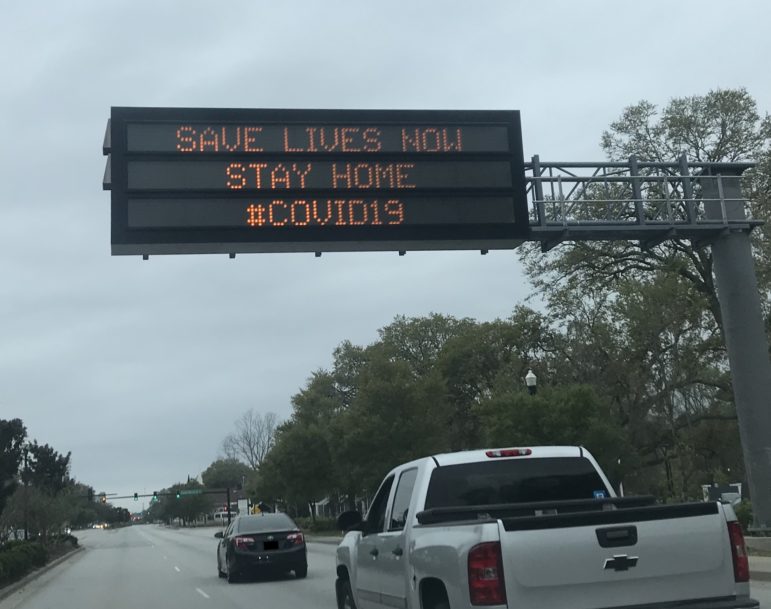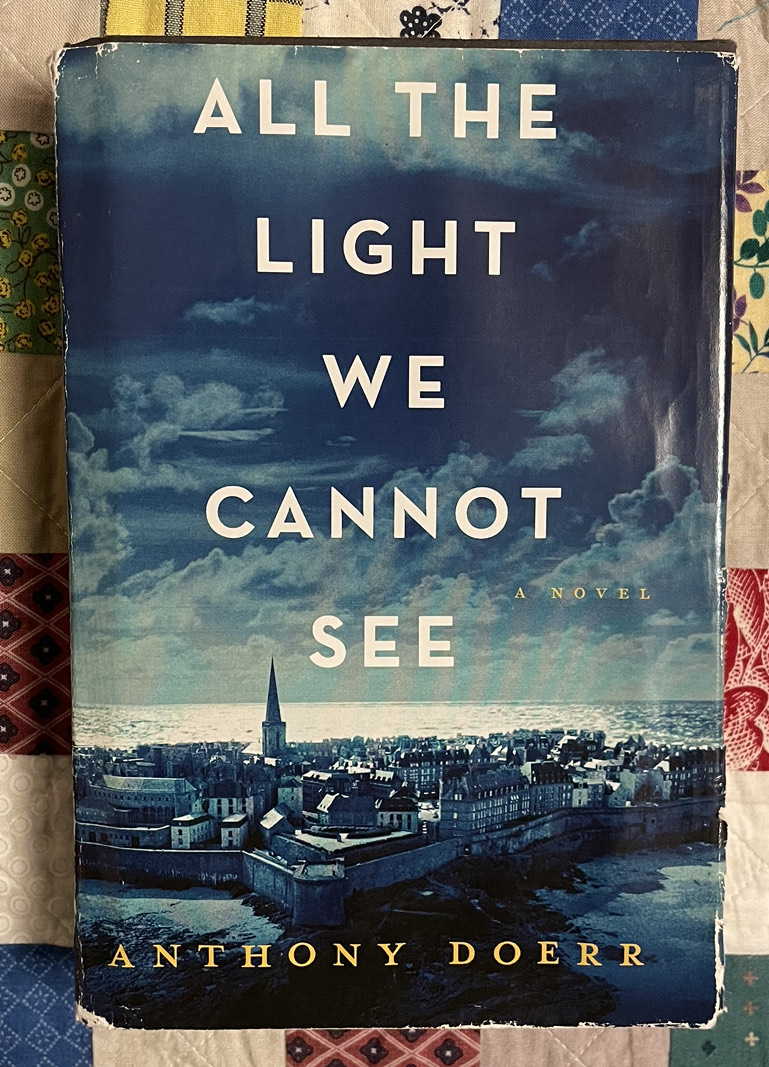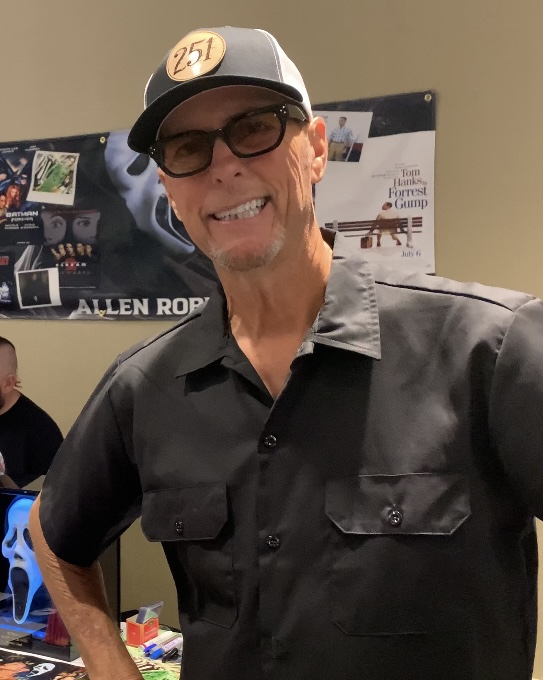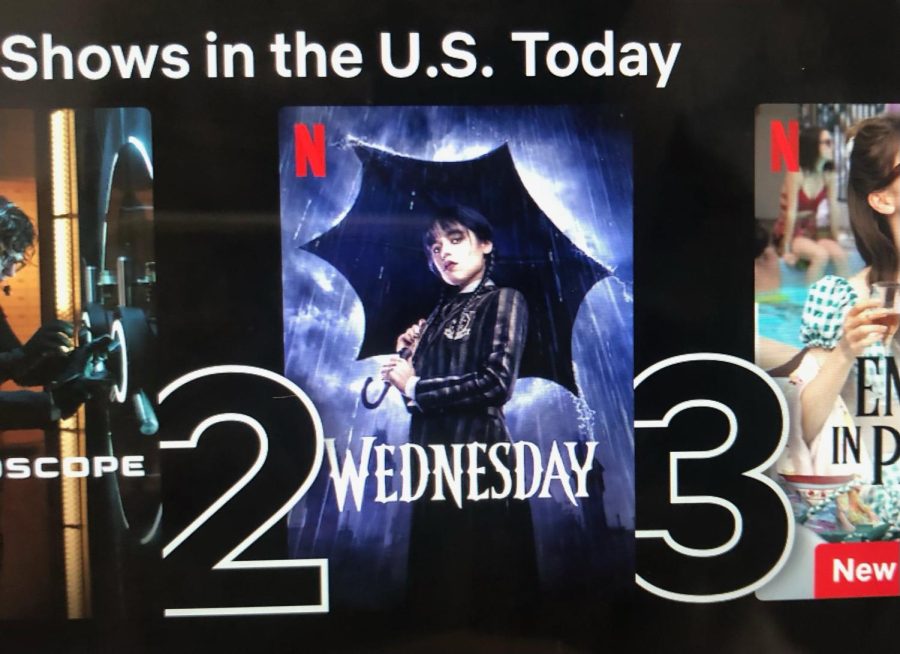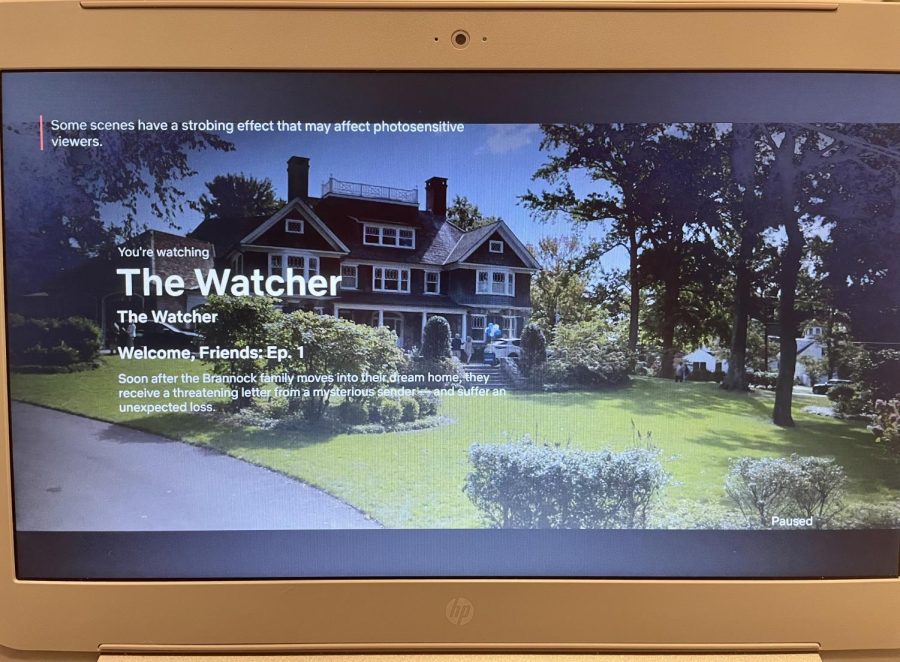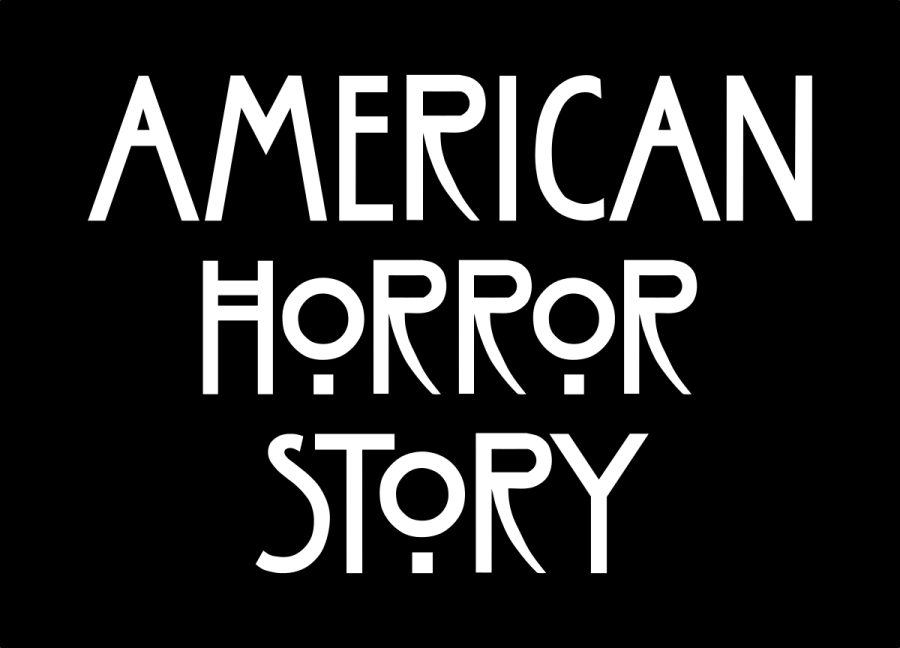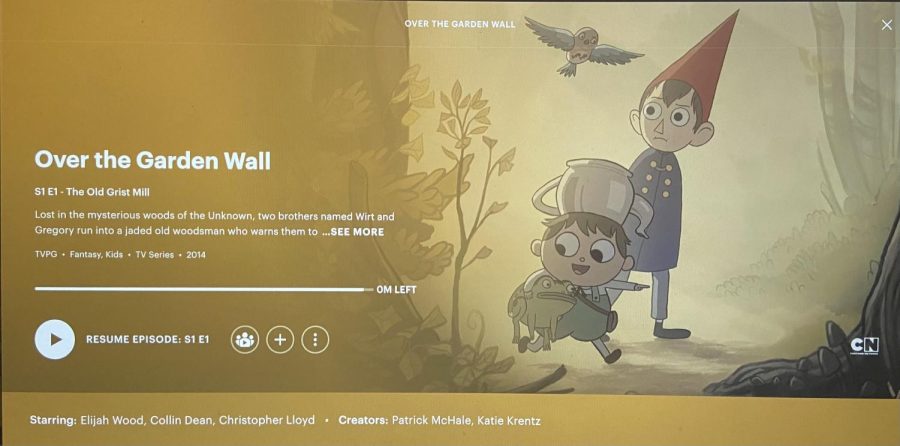The 1995 movie “Outbreak” made Netflix’s top ten most popular titles overall in early March and is fifth in the top ten most-watched films. The movie, starring Dustin Hoffman and Morgan Freeman, features a fictional Ebola-like disease that is spread by an African monkey in the fictional town of Cedar Creek, California. Interestingly, the docuseries Pandemic: How to Prevent an Outbreak, holds number nine on Netflix’s most-watched TV shows list.
On iTunes, the more recent 2011 film “Contagion” has become one of the most popular movies as well. This medical thriller is inundated with stars of the likes of Matt Damon and Gwyneth Paltrow and focuses on a man with half his family dead despite himself being immune to a global virus, and a blogger that capitalizes off people’s panic, leading to society’s collapse.
This intriguing trend prompts a question: why, in the face of our own real global pandemic, are people turning to disaster movies?
Although real quarantine involves periods of boredom and waiting, disaster movies tend to be fast-paced, and often feature characters who are not quarantined and instead of taking some form of control over the event, versus being contained and following proper procedures. While this could clearly function as a sort of wish fulfillment for understandably restless audiences, it may only boil their frustration and set them with unrealistic ideas of what a disaster looks like.
These thrillers are just that, thrillers. Often, disaster movies aim to incite fear and adrenaline, for entertainment purposes. “Contagion” pictures roughly 70 million deaths, far more than COVID 19 is predicted to claim. But just the idea fuels irrational fear within viewers; they feel compelled to wonder: what if? And while that makes for an enjoyable movie experience, it certainly does not aid in reducing panic. Overwhelming fear is not the answer, and it won’t save more lives.
“In a time like this when there is a lot of uncertainty about what is currently happening and what is going to happen in the future, I can imagine that watching a lot of disaster movies can make you overthink the current situation,” junior Justyana Fortna said. “Instead of approaching things logically, now there are all these thoughts about completely horrible scenarios in your mind, which can impair your ability to stay calm throughout this whole ordeal.”
“Watching too many pandemic films could fuel panic and stress,” junior Mae Merkle said.
Instead of panic-inducing disaster films, many could tune in to the news, and reputable sources for the facts. Factual information may not be as cathartic, but it certainly is far more productive. And if one takes the proper safety procedures, their health and our current social and political climate is in a much better place.
Despite many hesitations, there are plenty of people indulging in all sorts of disaster movies, particularly pandemic-themed ones.
“It seems like a good idea to me, as long as you don’t use the characters in the movies as good role models, they might not be following the right guidelines,” Ethan Heifetz said. “They can still be entertaining as long as you’re in the right mindset.”
Yet in this time period, many are distressed, and thus not in the right mindset. Who could be, considering these unusual and challenging circumstances?
Ultimately, the content viewers consume is their prerogative. Whether disaster movies do or don’t help one cope with the current coronavirus lockdown, each individual should tune in to their own unique feelings and needs, and do what serves them.


